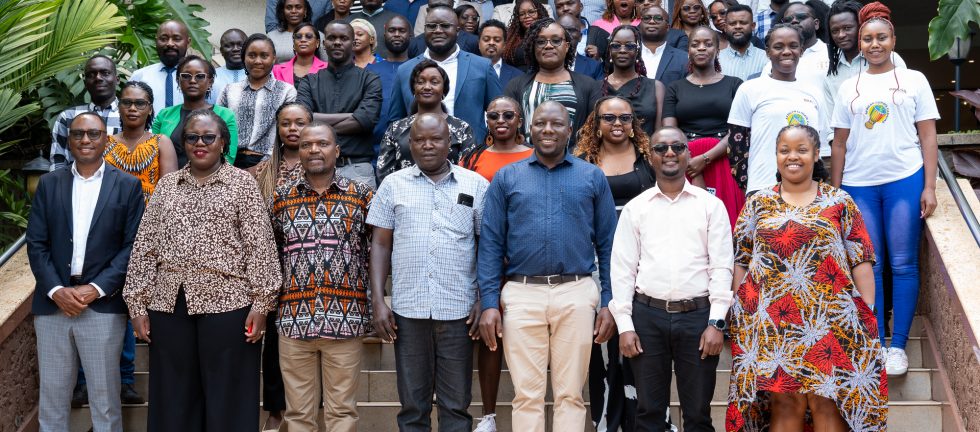COP 30: African Civil Society Unite to Shape Common Climate Position
By Milliam Murigi
African civil society organizations (CSOs) have convened in Nairobi for a two-day meeting aimed at developing a unified position paper to guide the continent’s engagement at the upcoming United Nations Conference of Parties (COP30) climate summit in Belém, Brazil.
The meeting has drawn participants from across the continent — including non-governmental organizations (NGOs), youth networks, women’s movements, faith-based organizations, researchers, and media practitioners — in an effort to consolidate Africa’s voice ahead of the November UN climate negotiations.
“Africa contributes less than four percent of global emissions but bears the brunt of the climate crisis,” said Julius Mbatia, Global Programme Manager at ACT Alliance. “We are here to ensure that our realities and solutions define the global climate agenda.”
The Nairobi gathering is expected to produce a common position paper on key agenda items, including agriculture, the Global Goal on Adaptation (GGA), Loss and Damage, Adaptation Finance, Gender and Climate Change, Energy Transition, Biodiversity and Nature-based Solutions, and ecosystem restoration.
Participants are also enhancing their technical understanding of ongoing negotiation tracks such as the New Collective Quantified Goal on Climate Finance (NCQG), the GGA and the Just Transition framework.
According to the concept note, the common position paper will serve as a blueprint for CSO engagement at COP30 — strengthening Africa’s influence within the African Group of Negotiators (AGN) and ensuring grassroots priorities shape the continent’s official stance.
Speaking during the official opening, Jackson Obare, Regional Manager at FORUM CIV, warned that without systemic reform, discussions risk remaining confined to boardrooms. He emphasized that meaningful progress requires systems change to ensure that decisions made at such convenings translate into tangible benefits at the grassroots, where real change happens.
“Our purpose here for the next two days is to deliberate on key COP30 themes and negotiation tracks, develop a unified African CSO position paper, and build alliances for sustained and coordinated advocacy beyond COP30,” Obare said. He reaffirmed the need for collective action and long-term commitment to climate justice across the continent.
He further urged participants to shift from advocacy to influence by strengthening engagement at all levels of decision-making. “Let us ensure that Africa does not just attend COP30 — Africa must lead it,” he said, calling for the convening to reaffirm the continent’s solidarity, technical expertise, and moral leadership in pursuit of climate justice and resilience.
Mbatia echoed that the climate crisis is fundamentally a matter of fairness and justice, underscoring the need to address deep-rooted global inequalities that have marginalized vulnerable communities and excluded them from decision-making processes. He stressed that achieving climate justice demands equitable solutions that give all nations — especially those most affected — a genuine voice at the negotiation table.

